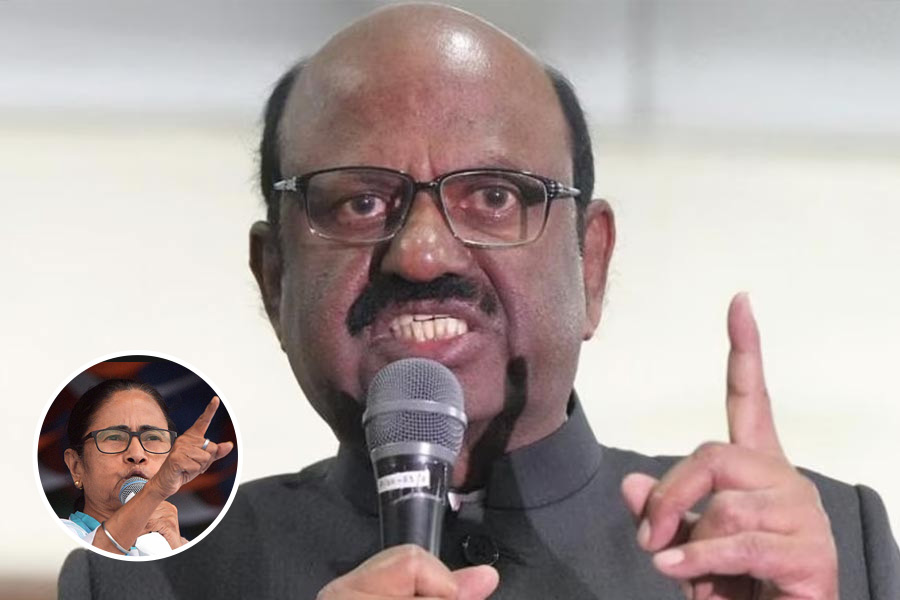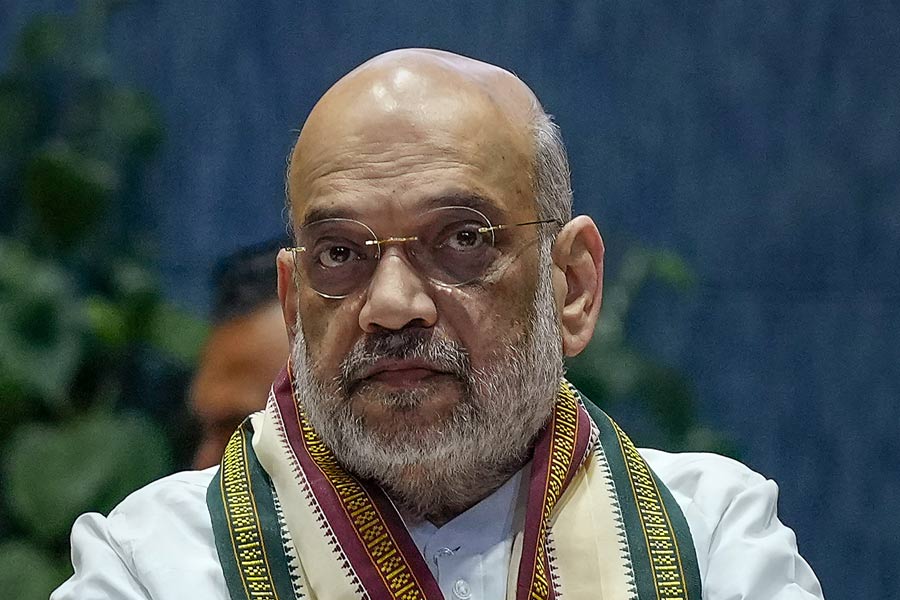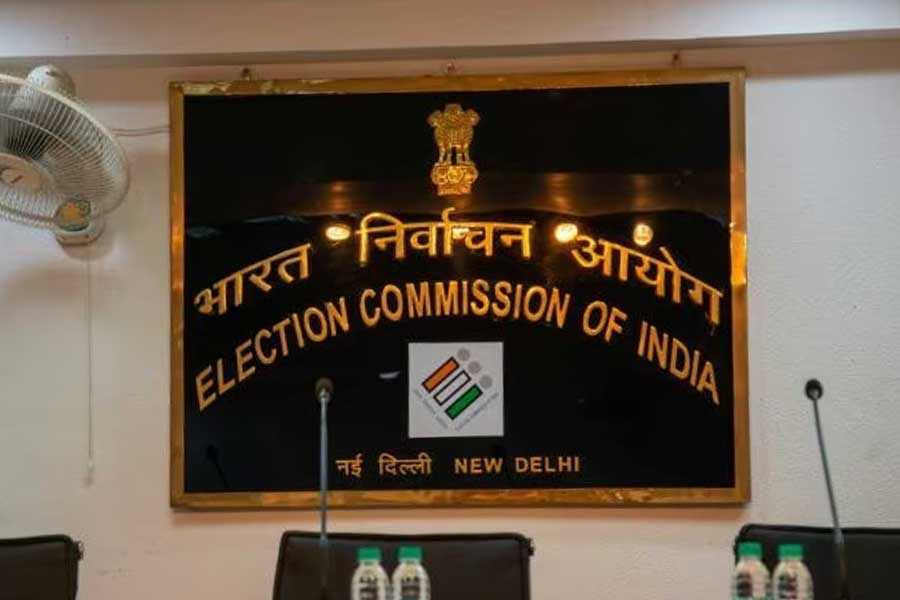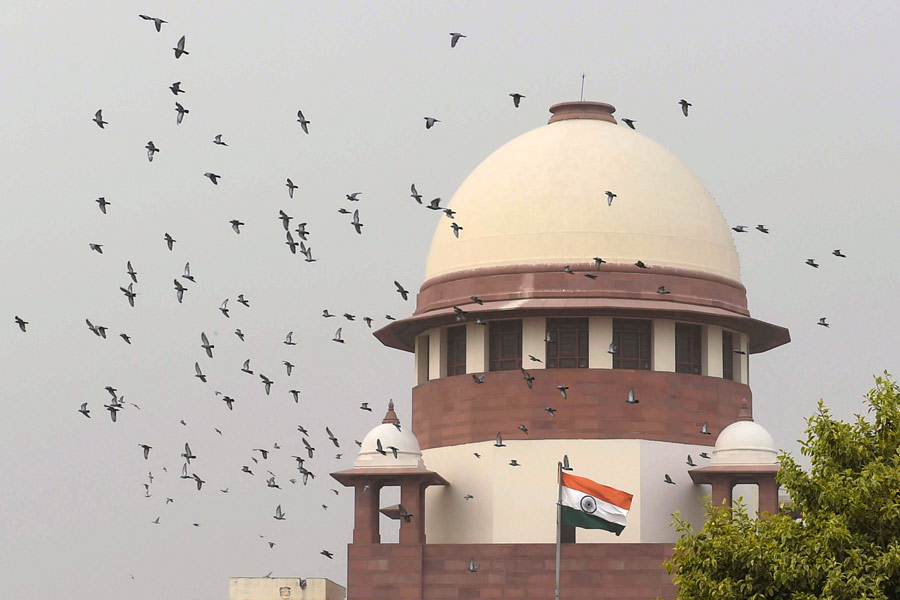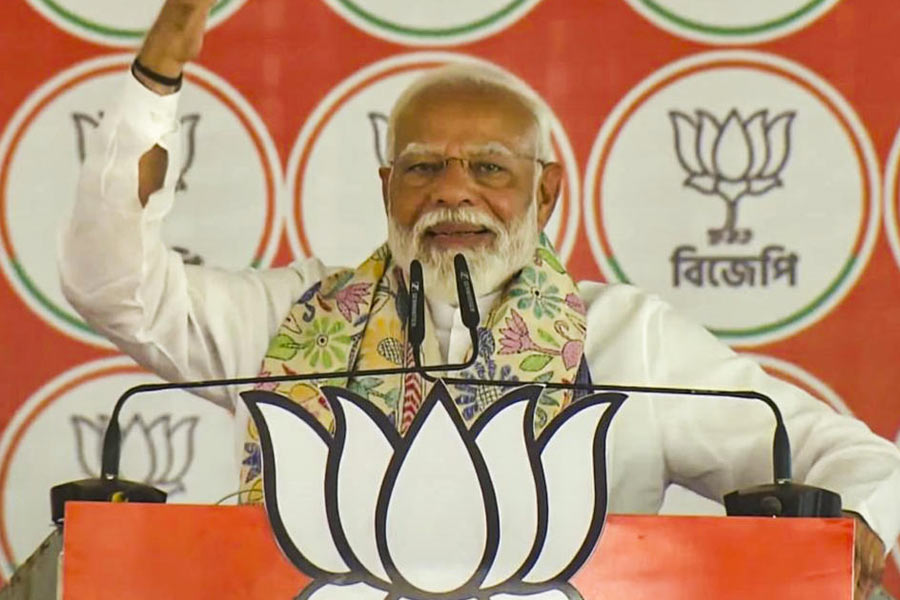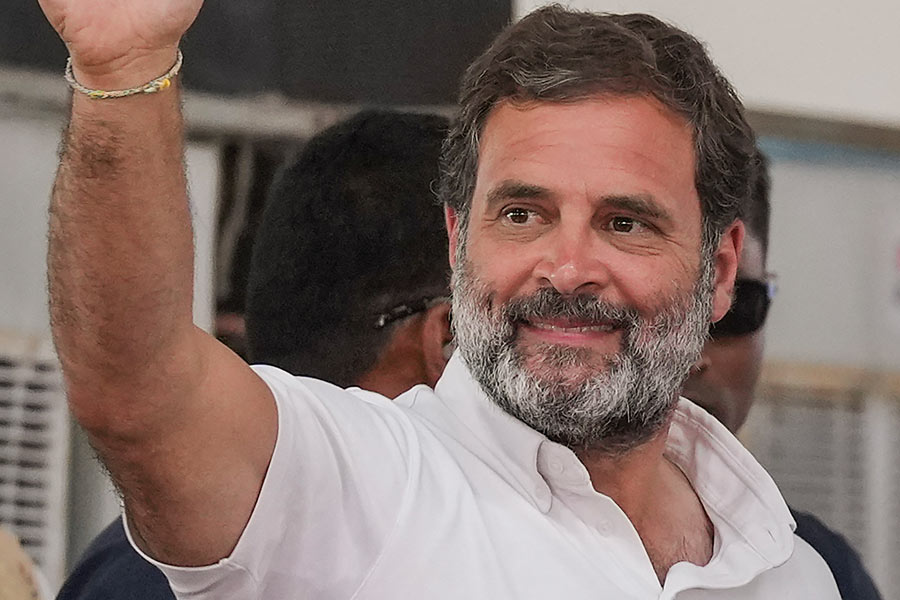American spy agencies provided information to Ottawa after the killing of a Sikh separatist leader in the Vancouver area, but Canada developed the most definitive intelligence that led it to accuse India of orchestrating the plot, according to Western-allied officials.
In the aftermath of the killing, US intelligence agencies offered their Canadian counterparts context that helped Canada conclude that India had been involved. Yet what appears to be the “smoking gun” — intercepted communications of Indian diplomats in Canada indicating involvement in the plot — was gathered by Canadian officials, the allied officials said.
(On Saturday, the US ambassador to Canada revealed that intelligence shared among the Five Eyes partners helped Canadian Prime Minister Justin Trudeau arrive at the decision to publicly allege an Indian government hand in the killing of Khalistani separatist Hardeep Singh Nijjar in Canada.
(Cohen did tell the Canadian network, CTV News, “there was a lot of communication between Canada and the United States about this”. But it was not clear from his comments that intelligence from the US offered the Canadians the context that helped them make up their mind.)
The two allied officials spoke on the condition of anonymity to discuss what has become a diplomatic firestorm.
While secretary of state Antony J. Blinken has called on India to cooperate with the Canadian investigation, American officials have largely tried to avoid triggering any diplomatic blowback from India.
But the disclosure of the involvement of US intelligence risks ensnaring Washington in the diplomatic battle between Canada and India at a time when it is keen to develop New Delhi as a closer partner.
The US routinely, and automatically, shares huge amounts of intercepted communications with its closest intelligence partners, including Canada. The Five Eyes intelligence-sharing is partnered by the US, Canada, the UK, Australia and New Zealand.
But the contextual information about the killing was shared deliberately as part of a package of various intelligence streams.
While democratic countries conduct targeted killings in unstable countries or regions, and the spy services of more authoritarian governments — namely Russia — orchestrate assassinations anywhere they choose, it is unusual for a democratic country to conduct a lethal covert action in another democracy.
Prime Minister Justin Trudeau and Canadian officials have declined to release the specifics of the intelligence Canada has gathered about India. Canadian officials say it is important not to compromise the Royal Canadian Mounted Police’s investigation of the murder.
Allied officials would not describe in detail the intelligence shared by the US.
A Canadian government official, who spoke on the condition of anonymity to discuss sensitive information, said the government had received intelligence from multiple countries.
The Canadian Broadcasting Corporation earlier reported that the Canadian government had gathered communications of Indian diplomats in Canada.
The US did not learn about the plot, or evidence pointing to India’s involvement in it, until after operatives had killed Nijjar, allied officials said.
Before the killing, Canadian officials had told Nijjar that he was in danger. Several friends and associates of Nijjar said that he had been warned repeatedly about threats against him and had been cautioned to avoid the gurdwara.
After his death, American officials told their Canadian counterparts that Washington had not had any advance information about the plot, and that if US officials had, they would have immediately informed Ottawa under the intelligence agencies’ “duty to warn” doctrine, according to the two allied officials.
The officials said Canadian officials had offered a general warning to Nijjar, but had not told him that he was the target of an alleged Indian government plot.
A spokesman for the White House declined comment. US officials were reluctant to discuss the killing because although Washington wants to assist Canada, a close ally, it does not want to alienate India, a partner with which it is hoping to expand ties as a counterbalance to China’s rising influence in Asia.
New York Times News Service



